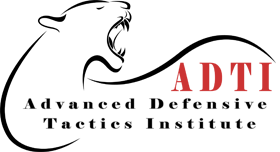An authorised witness taker may be called to sign documents that delegate (from principal) to another person the power to make personal and or financial decisions on his / her behalf. In addition under various advanced care or health directives provides a person the ability to give directions about normal and special health matters for his or her future health care needs Assessing the principal’s capacity to understand the nature and likely effects of delegating powers and giving future directions is one of the most important things that a authorised witness can do.
However an assessment of capacity, by a witness, can be difficult. At times it may give rise to significant personal and professional pressure because the choices made in these circumstances may have to be defended in the future.
A witness to the execution of an enduring document has a statutory duty to certify that the principal appeared to have the capacity necessary to make the document (their are various Acts through out Australia that cover this, e.g. the Powers of Attorney Act 2014, Mental Health Act 2014 & Medical Treatment Planning and Decisions Act 2016 ). Failing to perform this duty competently could have serious ramifications, not only for you, as the witness, but for the principal.
There is a basic common law presumption that every adult person has legal capacity to make their own decisions. That a person is presumed to have decision making capacity unless there is evidence to the contrary in general. In some states , e.g. Victoria, the right of a person to make their own legal decisions is protected by the Charter of Human Rights.
As a general rule, capacity will be present where a person:
•understands the information relevant to the decision;
•retains that information;
•uses or weighs that information as part of the process of making the decision (using reasoned processes);
•communicates their decision.
Factors that need to be considered and my affect a persons capacity are:
•an intellectual disability;
•mental illness;
•a particular medical condition;
•an age-related cognitive disability, such as Alzheimer’s disease

